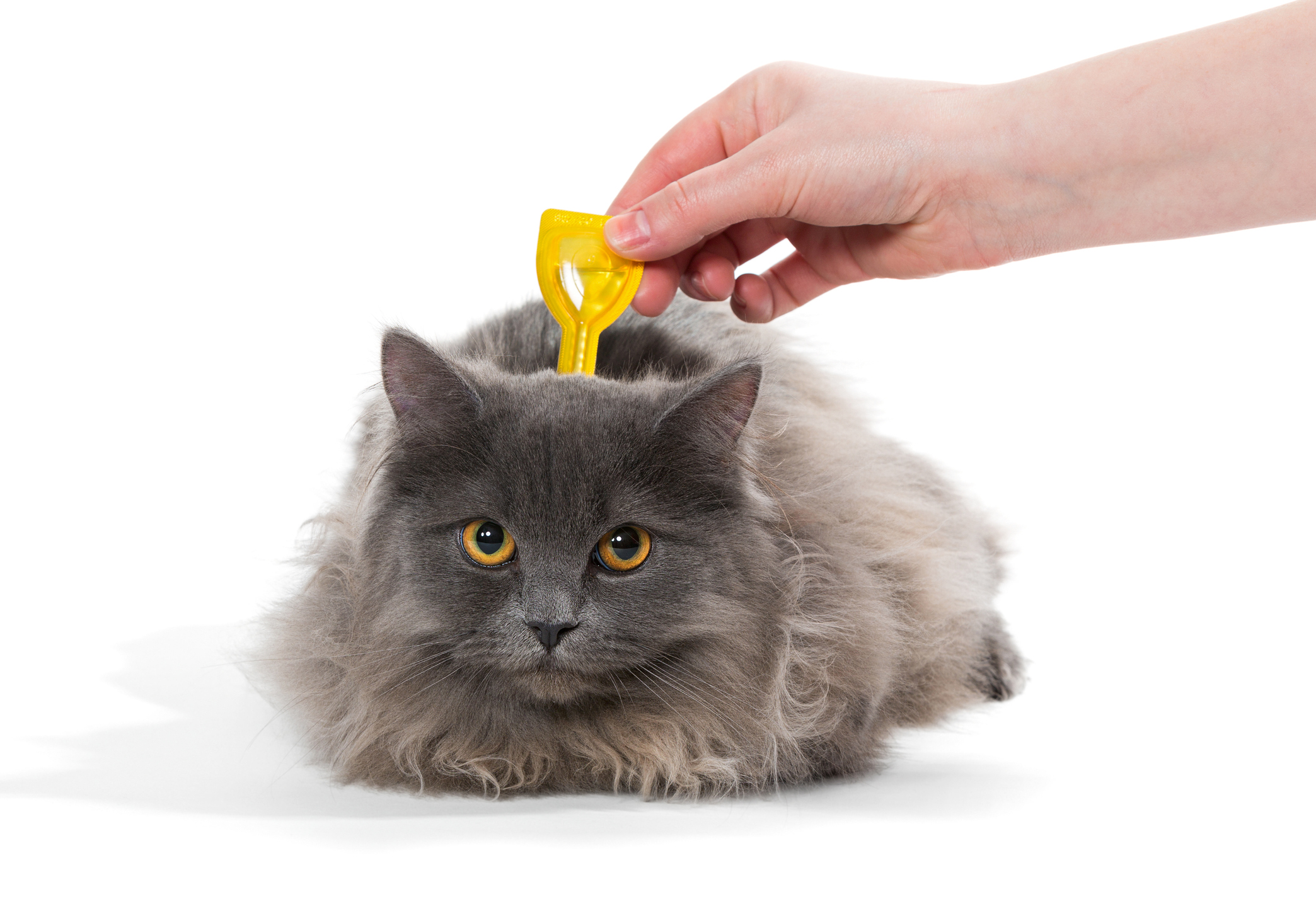
Summertime Parasite Protection for Your Outdoor Cat
If you’re going to let your cat partake in the great outdoors, it’s important to recognize the greater responsibilities that come with it. In letting them out of the house—especially to roam free—you’re opening them up to a wave of new concerns. Some you have no control over; others, like protecting them against parasites, are your responsibility.
Summertime parasites are a real and present danger for cats. If your cat spends any amount of time outside this season, don’t take any chances. Make sure you’re going all-in on a parasite prevention and protection plan. The alternative could be costly for you and damaging to the health of your feline friend. It’s not worth it to chance it. Be proactive!
Know your parasites
The first step in protecting your cat is to know your enemy. What kinds of parasites are you up against?
- Fleas are little blood suckers that can cause anything from itchiness to infection
- Ticks are another blood-sucking parasite that can transmit disease to your cat
- Worms come in varieties such as tapeworms, roundworms and hookworms
Each of these parasites has one thing in common: They aim to use your cat as a feeding ground. Once they latch on to your feline—internally or externally—they’ll start to cause all sorts of problems. Vomiting, diarrhea, viral infection, dehydration, skin infection and even autoimmune conditions can all creep up as the result of a parasite. Even death is possible.
Keep up on medication and exams

So, how do you prevent your curious cat from contracting one of these nasty parasites while it’s out enjoying nature? The first step is preventative. Plenty of protective medications exist for cats, meant to do everything from warding off parasites to killing them inside the body. Some examples include:
- Heartworm medication
- Dewormers
- Flea and tick repellants
Some medications are over the counter, administered once a month; others are injection-based, administered at an annual vet appointment. Remember to never use pest repellent made for humans on your pets! Talk with your vet about your cat’s outdoor behaviors and ask them to recommend cat-safe medication to help prevent or combat parasites.
It’s also a smart idea to have your cat examined at the beginning and end of the outdoor season. This provides you the peace of mind in knowing they’re healthy going out during the spring and summer, and that they didn’t pick anything up when you bring them in for the fall and winter.
When in doubt, bag a sample
Fleas and ticks are external parasites, which means they’re visible if you check for them. Give your kitty a thorough brushing every couple of days and check their undercoat and skin for signs of fleas or ticks. They’ll be relatively easy to spot. You can remove ticks with tweezers, while over-the-counter flea combs can quickly eradicate a growing circus.
Internal parasites aren’t so easy to detect or combat. If your cat is acting strange and you think it might be the result of something they picked up outdoors, call the vet. Your vet tech will likely ask you to bring a fecal sample with you to the appointment, so they can examine it for evidence of parasitic worms or their eggs. Make sure the sample is fresh (within 12 hours) and not frozen. The best way to nab a sample is to keep your cat indoors for a day and root around the litter box after they’re done.
If there are eggs or worms detected in your cat’s feces, the vet will prescribe medication to attack the parasite problem. If there isn’t anything in their sample but parasites are a probable cause for concern, the vet may recommend diagnostic imaging—particularly for suspected heartworms.
Watch for behavioral changes

Your cat can’t stroll up to you and say, “Hey mom or dad, I think I’ve got a parasite.” It’s up to you to be mindful of behavioral changes that might be the result of a parasitic infestation. If they stop eating, start acting sluggish, display frequent vomiting or irregular bathroom habits or seem generally ill after being outside, make a vet appointment. Remember, cats are creatures of habit—anything that deviates substantially from habit or normal behavior is worth noting.
There’s nothing wrong with letting your feline friend be an outdoor cat. The stimulation and fresh air can go a long way in improving your cat’s health and wellness. But with the outdoors comes a higher level of care that’s required to protect them. Make sure you’re thinking ahead and protecting against summertime parasites before your cat gets intimately familiar with them and the dangers they pose.


